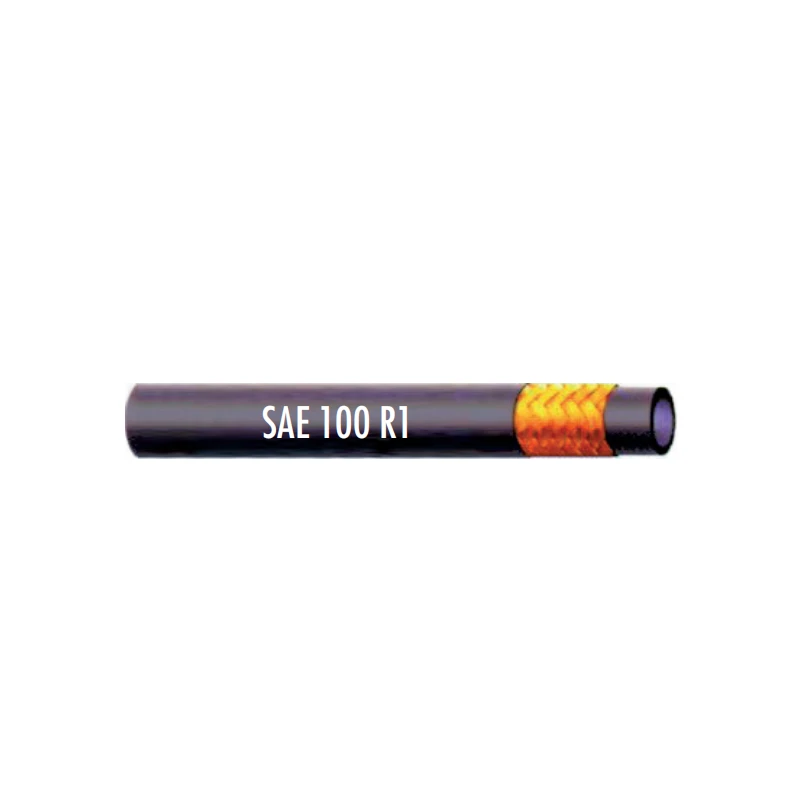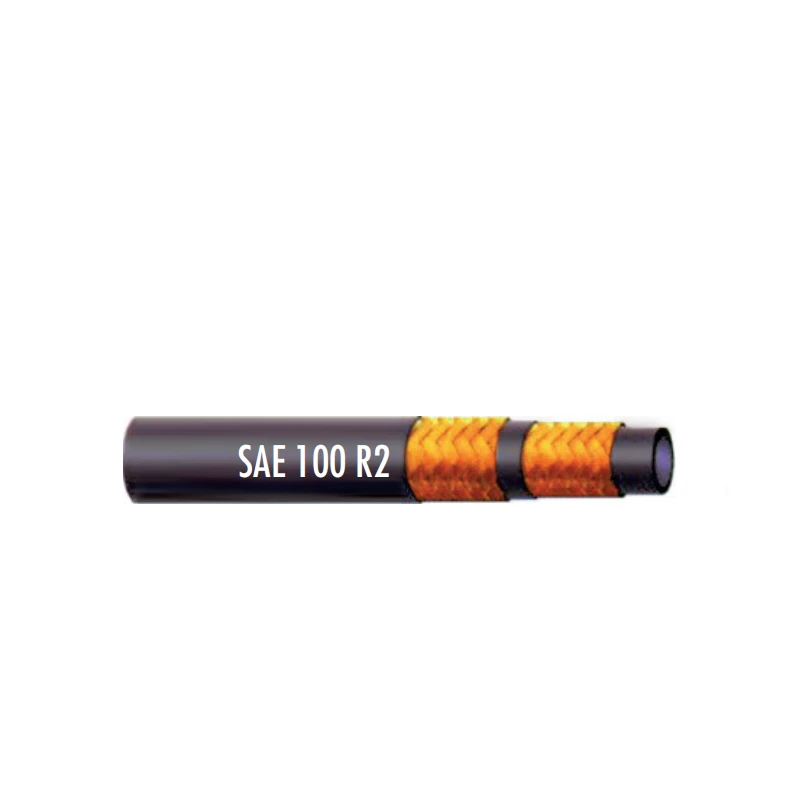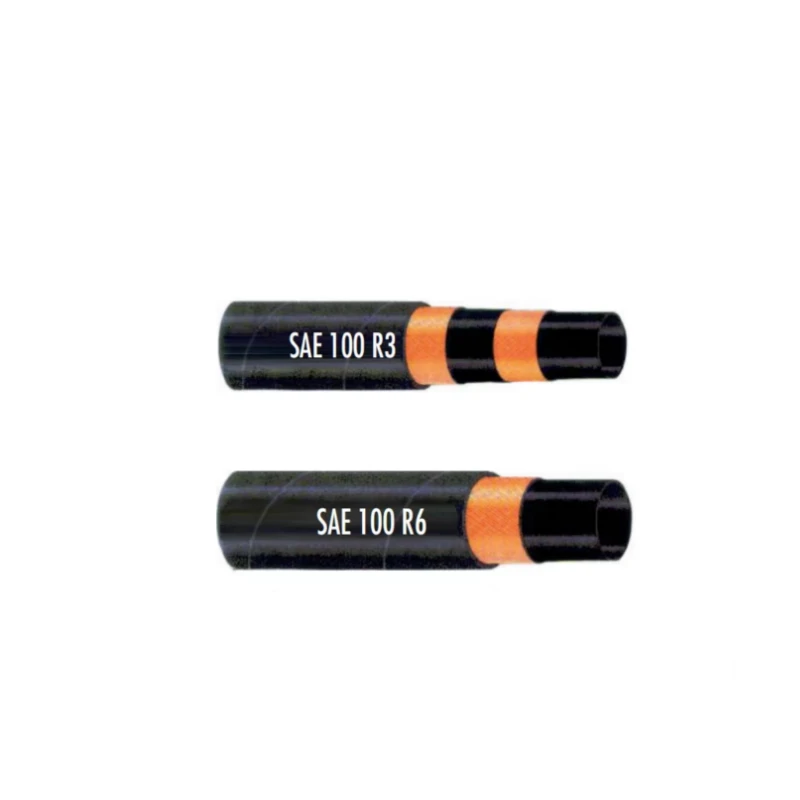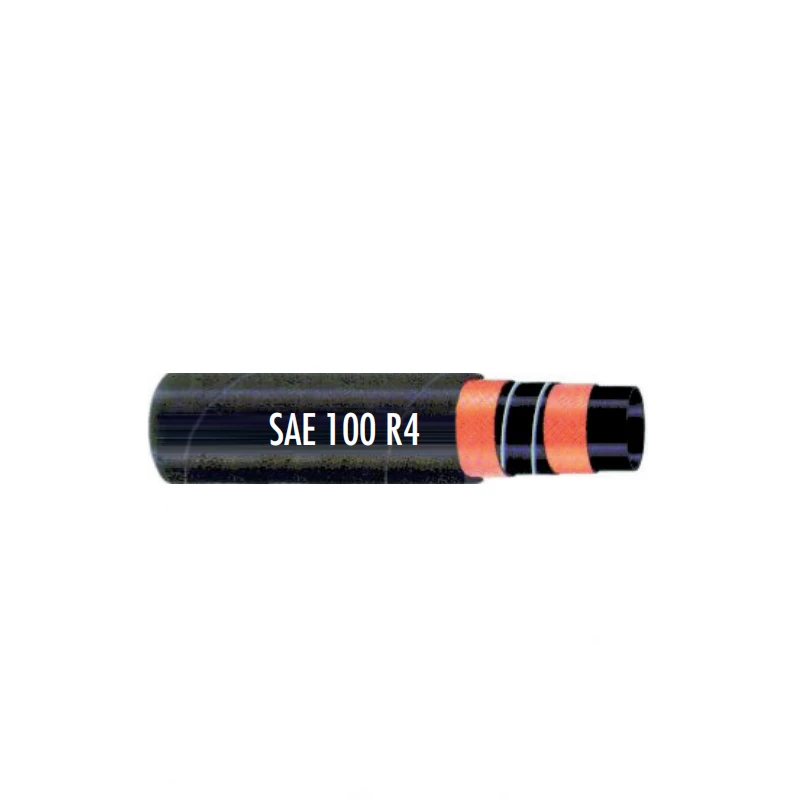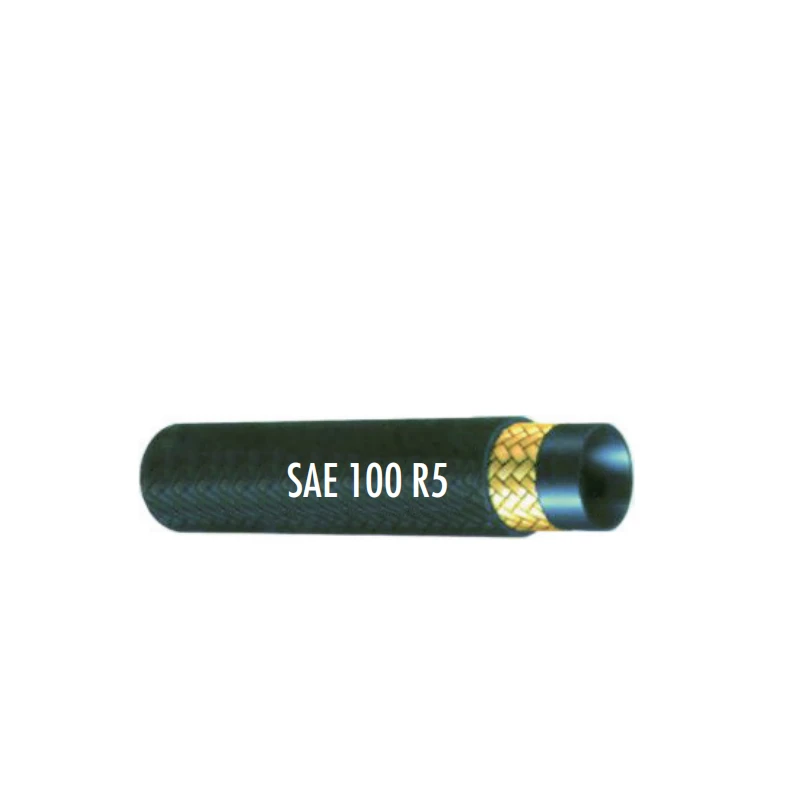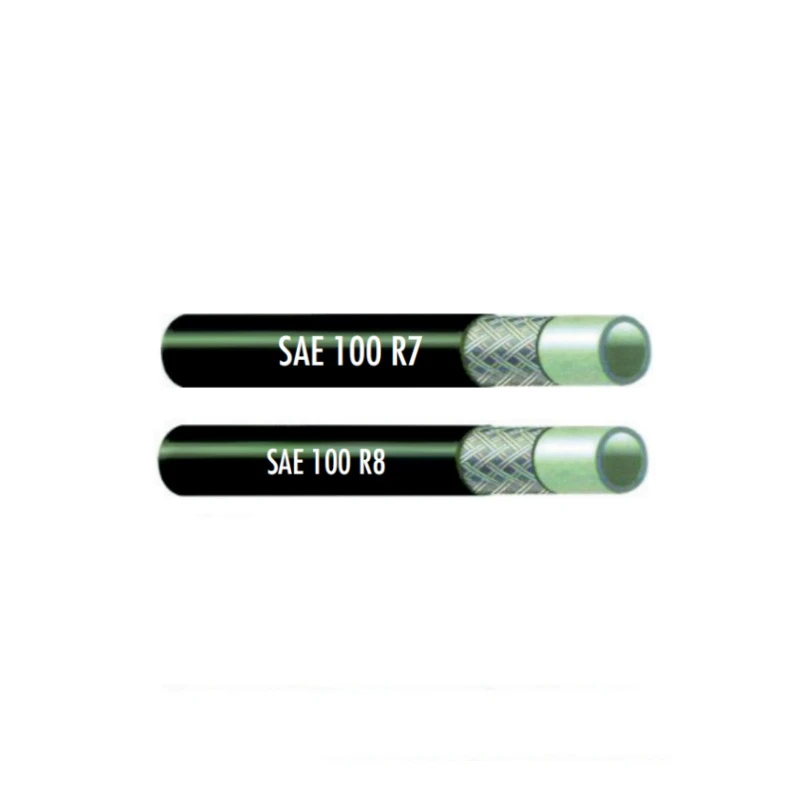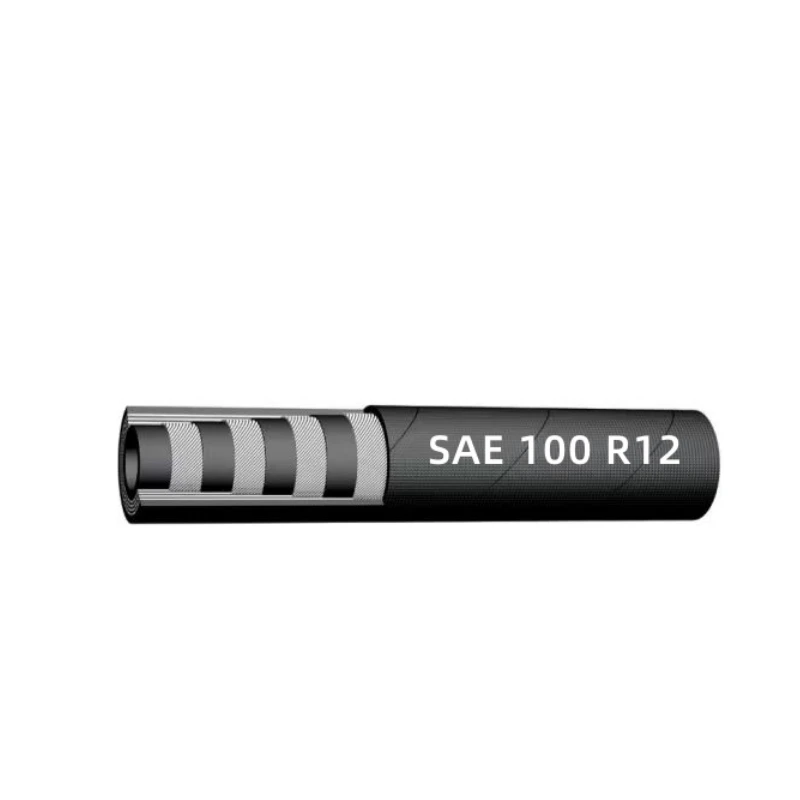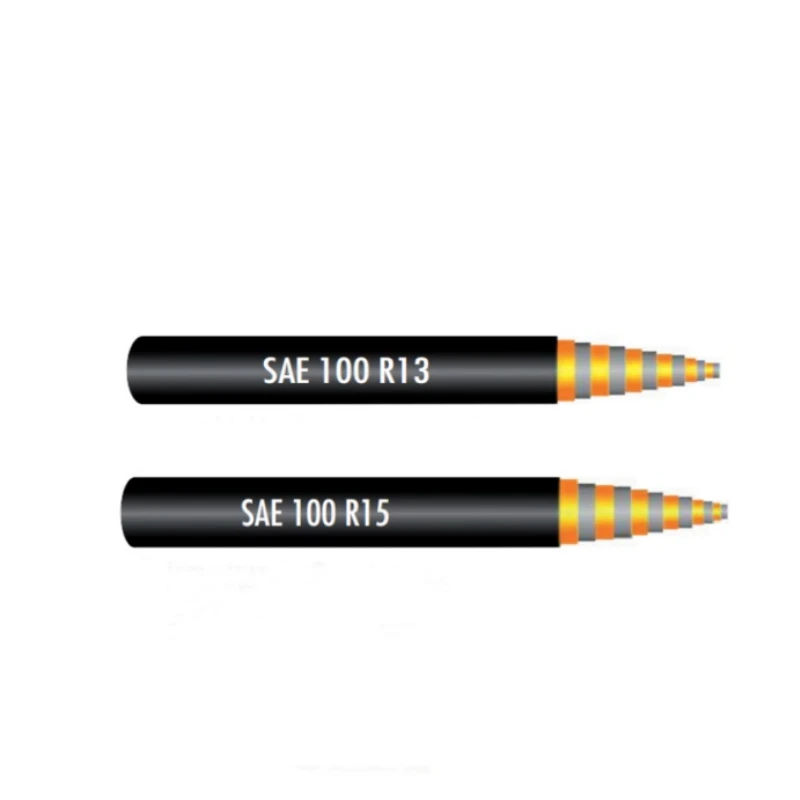
- Afrikaans
- Albanian
- Amharic
- Arabic
- Armenian
- Azerbaijani
- Basque
- Belarusian
- Bengali
- Bosnian
- Bulgarian
- Catalan
- Cebuano
- Corsican
- Croatian
- Czech
- Danish
- Dutch
- English
- Esperanto
- Estonian
- Finnish
- French
- Frisian
- Galician
- Georgian
- German
- Greek
- Gujarati
- haitian_creole
- hausa
- hawaiian
- Hebrew
- Hindi
- Miao
- Hungarian
- Icelandic
- igbo
- Indonesian
- irish
- Italian
- Japanese
- Javanese
- Kannada
- kazakh
- Khmer
- Rwandese
- Korean
- Kurdish
- Kyrgyz
- Lao
- Latin
- Latvian
- Lithuanian
- Luxembourgish
- Macedonian
- Malgashi
- Malay
- Malayalam
- Maltese
- Maori
- Marathi
- Mongolian
- Myanmar
- Nepali
- Norwegian
- Norwegian
- Occitan
- Pashto
- Persian
- Polish
- Portuguese
- Punjabi
- Romanian
- Russian
- Samoan
- scottish-gaelic
- Serbian
- Sesotho
- Shona
- Sindhi
- Sinhala
- Slovak
- Slovenian
- Somali
- Spanish
- Sundanese
- Swahili
- Swedish
- Tagalog
- Tajik
- Tamil
- Tatar
- Telugu
- Thai
- Turkish
- Turkmen
- Ukrainian
- Urdu
- Uighur
- Uzbek
- Vietnamese
- Welsh
- Bantu
- Yiddish
- Yoruba
- Zulu

Feb . 19, 2025 11:18 Back to list
Silicone Heater Hose
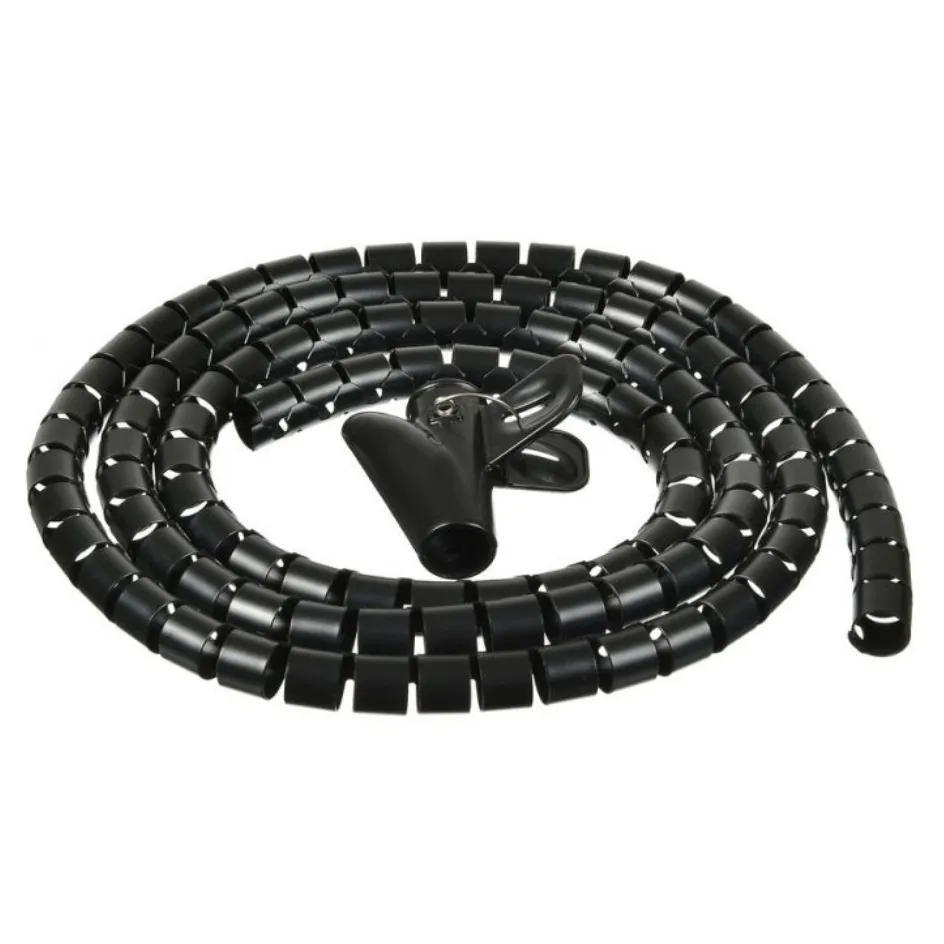
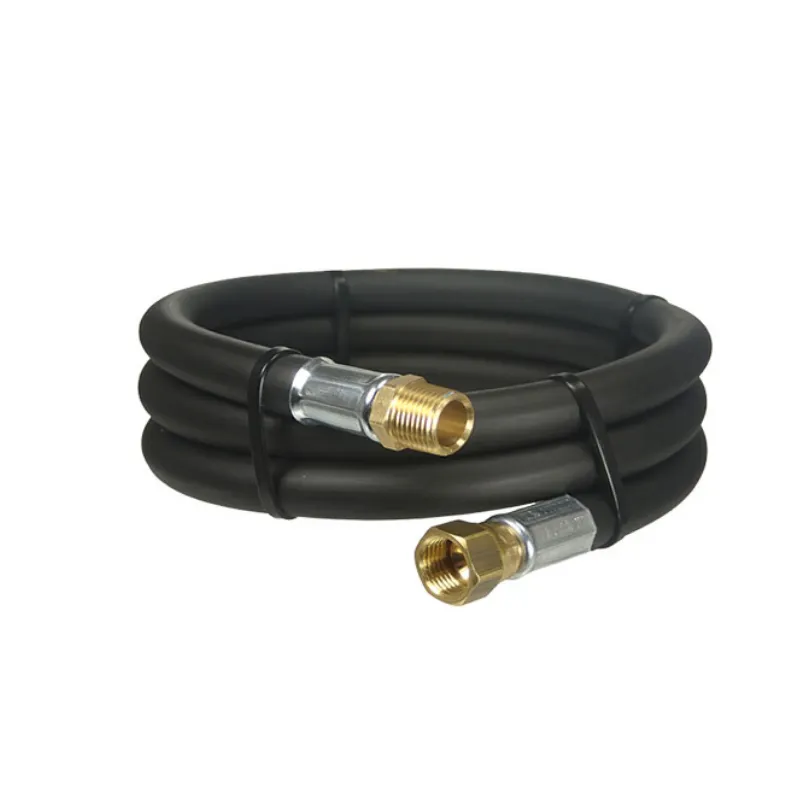
Quality control is another critical aspect in the production of industrial flexible hoses. Certifications and compliance with industrial standards like ISO, ASTM, and SAE, underscore a hose's credibility and performance reliability. These certifications guarantee that the hoses meet strict safety and quality requirements, making them a trustworthy choice for businesses. Ensuring compliance with these standards reflects a company’s commitment to maintaining high operational standards and safeguarding the workforce and environment. For businesses relying on industrial flexible hoses, selecting the right product involves considering factors such as compatibility, flexibility, pressure ratings, and exposure to environmental conditions. Collaborating with suppliers who offer a consultative approach can prove beneficial. Experienced suppliers provide expert guidance, helping businesses make informed decisions tailored to specific needs. This partnership often extends beyond just supply, encompassing installation, maintenance advice, and even training, all contributing to optimal hose performance. The role of these hoses extends beyond mere functionality. They are pivotal in boosting safety and operational efficiency. For instance, properly installed and maintained hoses prevent leaks and spills, which are critical in avoiding workplace hazards and environmental contamination. Furthermore, hoses with ergonomic designs contribute to reducing strain on workers, promoting better health and safety standards within the workplace. In summation, industrial flexible hoses are indispensable in modern industry due to their adaptability, durability, and the safety they offer. As industries evolve, so will the technologies and standards governing hose production. Businesses that prioritize high-quality hoses not only witness operational efficiency but also secure a competitive edge in their respective sectors. Trust in a product is not just about the materials used or the certifications it holds, but also about the expertise and commitment of the supplier to provide comprehensive support and innovative solutions tailored to future-proof business operations.
Latest News
Steel Wire Reinforced Hydraulic Hose SAE 100 R1 / EN853 1SN S
NewsOct.17,2024
Two Layers Steel Wire Reinforced Hydraulic Hose SAE 100 R2 / EN853 2SN
NewsSep.03,2024
Textile Braid Reinforced Hydraulic Hose SAE100 R3+R6
NewsSep.03,2024
Textile Reinforced Hydraulic oil Suction Hose with embedded Steel Wire SAE 100 R4
NewsSep.03,2024
Single Wire Braid and Textile Covered Hydraulic Hose SAE 100 R5
NewsSep.03,2024
High Pressure Thermoplastic Hydraulic Hose SAE 100 R7 / EN855 R7 - SAE 100 R8 / EN855 R8
NewsSep.03,2024
Heavy Duty Four-layer Steel Wire Spiral Reinforced Hydraulic Hose SAE100R9+R10+R12
NewsSep.03,2024
Heavy Duty Multi-layer Steel Wire Reinforced Hydraulic Hose SAE100R13 SAE100R15
NewsSep.03,2024
Latest Products
